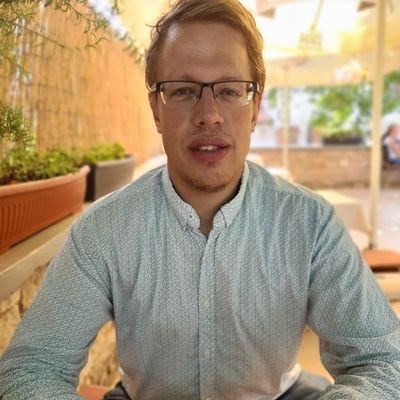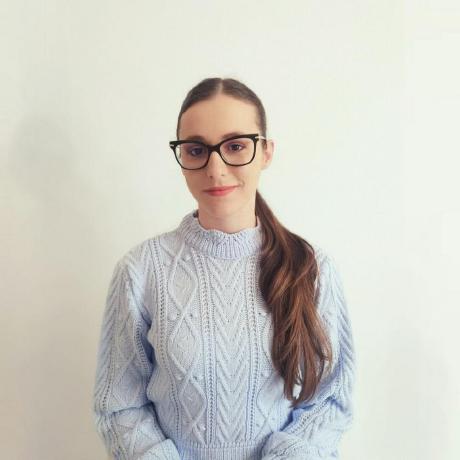Reproducibility of scientific career paths over time
Photo source: Murray Campbell (@murrayc) | Unsplash
Klara Filek, a postdoctoral researcher at the Medical University of Graz, recently wrote an article about career orientation for young scientists for the Penkala Association blog. She makes many great points through the article, and I heartily recommend reading it, especially to current PhD students seeking future opportunities.
I would like to emphasize the two reasons that she mentioned why career guidance is so difficult in Croatian academia (translation mine):
- Limited experience of the mentors: Many mentors rely on their own experience in a system they are part of and know very well, and outside of which they often cannot help us much (depending, of course, on the field and personal affinities).
- The “academia-only” narrative: Continuing higher education and a doctorate seem to presuppose a postdoc position and a teaching career. In addition, a good number of academics I was (and still am) surrounded by are convinced that academia is the only place where you can be creative and flexible, which is not true and makes it difficult to explore other possibilities.
I thought quite a bit about both of these points, given that I am guiding Matea Turalija through her PhD journey and I am eager to help her with my acquired experience as much as I can. However, as Klara explained above, this is far from a trivial endeavor.












